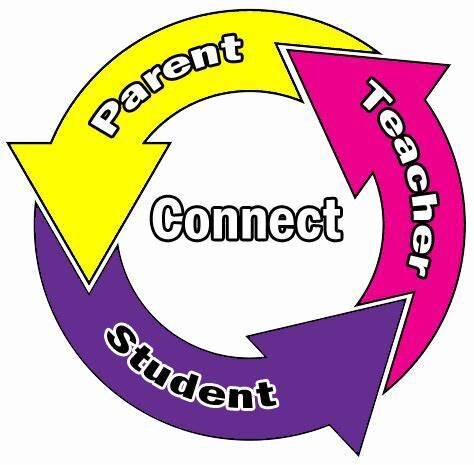Successful Music Education: Get Parent, Student and Teacher on the Same Page
Parents want what’s best for their child, and music teachers want what’s best for their student. By working together, parents and teachers can provide the best musicallearning environment, both at home and at school, for students.
Cooperative collaborations almost always produce a successful outcome. We see it in business. We’d like to see it in politics. Marriages thrive when partners work to find themselves on the same page. Parent and teacher strive to create a relationship of understand, as well as a shared vocabulary to speak with the student and produce effective results.
The relationship of parent, music teacher and music student relies on those same elements.
Teachers and parents provide a vital support system to help students flourish. When parents and teachers communicate and work together effectively, it can create a significant impact on the student’s long-term success.
Studies show a positive, effective relationship between parents and teachers can influence student progress, so the student flourishes. The teacher’s training can help strengthen the quality of these relationships.
In a University of Missouri study, over a hundred (classroom) teachers were assigned to attend a professional development program that focused on improving relationships with parents and students.
Parents are your child’s first teacher. Instill in them a love of life-long learning, and with a dedicated teacher collaborating, your child will excel at music, or whatever discipline they attempt.
These trainings taught teachers to better engage with students’ parents, including face-to-face meetings, phone calls and email exchanges. The teachers completed surveys about their students and parents at the beginning and the end of the year. These surveys included questions about how involved parents were in their children’s education, and the quality of the teacher’s relationship with the student’s parents.
Researchers found that children whose parents were identified by teachers as more positively involved had higher levels of prosocial behaviors and more academic success. This demonstrates that teachers and parents who work together to empower students could help improve student performance.
Here's how to insure solid relationships – as well as buy-in from the student – between parents and teachers.
When parents, teacher and student share the same goals, learning - and practicing - is easier and more rewarding.
1. Keep the lines of communication open. Parents often want to know how lessons are going and what progress their kids are making. Figure out the best way to communicate - sometimes a phone call works, often emails are the quickest and most convenient way to stay in touch. Agree on the best way to talk about homework, rehearsals and performances.
2. Collaborate by coming up with a ‘growth plan’. Whether you’re focused on behavior or musical progress, parent, instructor and student can create mini-goals throughout the year. Set one or two goals for a certain period, whether it's for a week, two weeks, a month, or even a school year. If you both know the goal you are trying to reach, then the student will succeed because it is being reinforced at home and at school.
3. Discuss challenges at home that might effect a student’s ability to focus and succeed. Likewise, discuss stumbling blocks in your student’s progress, or unhappiness with singing lessons or their instrument that may affect how they behave at home.
4. Keep your child in the loop, and let them know you’re unified in your support. Let your child/student know that teacher and parent are working together to create a positive and fun learning environment.
Children thrive when they know they have the support of the adults in their lives. It creates security, confidence and the enthusiasm to excel at every life endeavor. The bonus is to have a lifelong knowledge and love of music.
Related Posts
How to Help When Your Child Gets Frustrated with Music Lessons
How Does Your Teacher Pick Your Study Music?
Further Reading


